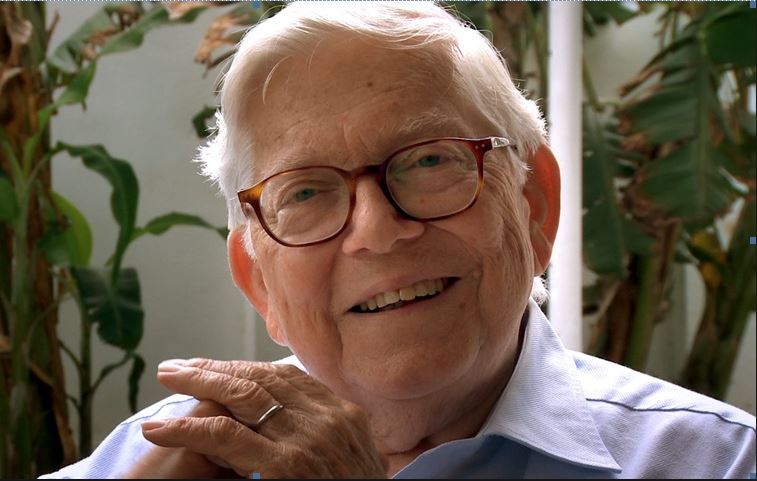Creolization in Dutch Caribbean Music
The textbook 'Tour de Force: A Musical Journey of the Caribbean' outlines a few examples of creolization in Dutch Caribbean music.
A highlighted example in the book is the Antillean waltz from Curacao. This was evolved from the European, Viennese and Spanish waltzes which formed a unique combination of traditional waltz and Caribbean syncopation. The authors Gangelhoff and LeGrand described this creole metamorphosis in great detail. Domestic workers on the island demonstrated the music at dance parties for the Dutch, European and many other communities. They did this using ka'i orgel along with the wiri instrument which resulted the Antillean waltz.
Here is a photo of renowned Curacaoan composer and pianist Wim Statius Muller who works are well known in Antillean dances.
Video taken from: https://www.youtube.com/watch?v=SxTtka76BZA
Another element of creolization in the Dutch-speaking Caribbean is the papiamento or papiamentu language. The website storyteller.travel describes papiamento as a Portuguese-based creole language that is widely spoken on the Dutch Leeward Caribbean ABC islands of Aruba, Curaçao and Bonaire. The papiamento dialect is spoken in Aruba while the papiamentu dialect is spoken in Bonaire and Curaçao. The Aruban word ends in "o" while the corresponding papiamentu word ends in "u". According to the article, the reason for these spelling differences is based on the orthographic systems chosen by each island. Aruba uses an etymology-based spelling while Bonaire and Curaçao use a phonology-based spelling. Although the words of each dialect are spelled and pronounced differently, they have identical meanings.
Here is a photo of the papiamento/papiamentu speaking ABC islands Aruba, Curaçao and Bonaire.
Photo taken from: https://i0.wp.com/travelinfools.com/wp-content/uploads/2014/07/abcis.gif?resize=624%2C400&ssl=1
Here is a video of a lesson on how to speak the language. in this video she stated that if you can speak English, Spanish or Dutch you can be able to communicate with the locals. how amazing is that? "Duchi", as stated in the video is the most popular papiamentu word. Simply because this word can be used to means various of nice things such as sweet, sweetheart, good-looking etc.. The morning, afternoon and night words sound very similar to the ones in Spanish. As a matter of fact, most of the word are not far off from the Spanish langauage.
Video taken from: https://www.youtube.com/watch?v=SMM7jkuDuY4
References:
Gangelhoff, C., & LeGrand, C. (2019, December 31). Tour de Force: A Musical Journey of The Caribbean. Sound Caribbean.
Haines, B. (2020, July 8). 122 Papiamento Phrases: How to Speak Papiamento. Retrieved from https://storyteller.travel/papiamento-phrases-how-to-speak-papiamento/.
Romero, S. (2010, July 4). A Language Thrives in Its Caribbean Home. Retrieved from https://www.nytimes.com/2010/07/05/world/americas/05curacao.html



Comments
Post a Comment